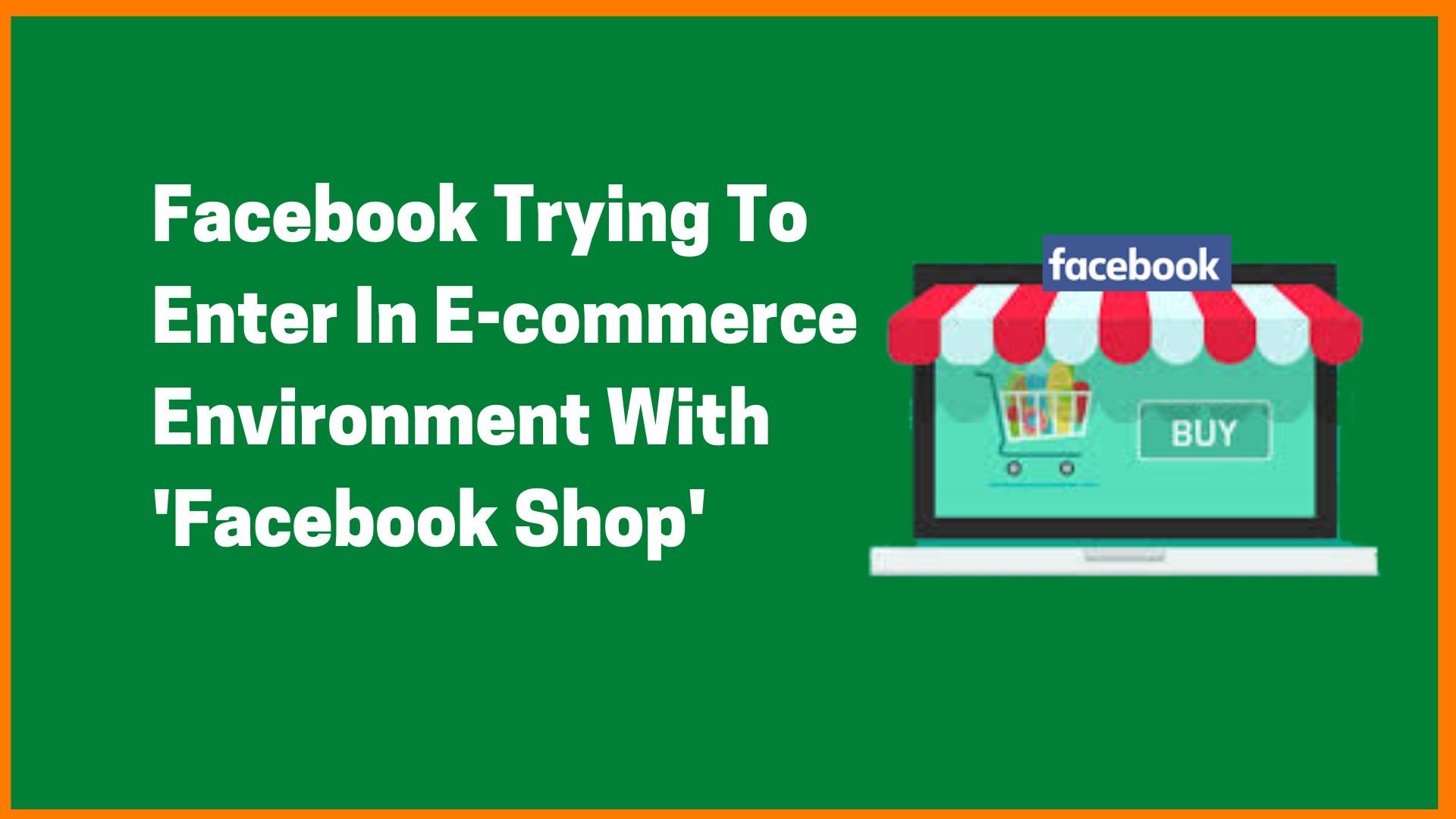This post discusses the differences between traditional businesses and digital businesses. It also talks about the types of business models that come under these two forms of businesses.
Managing a business is both challenging and interesting. It’s not like your 9-5 government job where one reaches the office at or before a particular time, does some mundane tasks, and then wraps up for the day at a fixed time. With business, everything takes a different turn. Inherent risks and the constant need to pacify customer requirements float in the business owners’ minds.
A traditional business setup has a physical presence, and it serves people locally by providing services or products through brick-and-mortar stores. In case of a digital business setup, people sitting in any corner of the world can scroll through the web and avail the company’s services and products.
What is Traditional Business?
Types Of Traditional Business Models
What is Digital Business?
Types Of Digital Business Models
Traditional Business V/S Digital Business
What is Traditional Business?
Organizations such as restaurants, agencies, and anything resembling an office-setup fall in this category. Traditional business-oriented organizations usually sell products or services through stores.
A traditional business serves customers in exchange for monetary compensation. It works on CAPEX and OPEX. While such organizations focus on profit generation, a few of them—non-profit organizations—work for customers without expecting profits.
Types Of Traditional Business Models
Various types of business models used in traditional business are:
Manufacturer
The manufacturer business model utilizes raw materials to create products that are then sold in the market. This type of business model involves the assembly of pre-manufactured items. The products are either directly sold to the customers in what’s known as B2C model (business to customer), or to another business unit in the form of B2B model (business to business). Automobile manufacturers are an example of B2C model, and wholesalers follow the B2B model.
Distributor
A company in the distributor business model buys products directly from the manufacturer. The company then sells the procured products to consumers or retailers.
Retailer
A company following the retailer business model purchases products from the wholesaler/distributor. It then sells the inventory to the public. Brick-and-mortar stores fall in this category.
Franchise
In this setup, the company buys the franchise of a very successful brand and promotes the brand’s services/products to the general public. The franchise segment is a popular way to build awareness across geographies.
What is Digital Business?
Digital business is the modern form of business, a significant deviation from the established norm. This model leverages technology for value creation & addition, thereby giving an entirely different customer experience.
The umbrella term includes both digital-only brands as well as traditional businesses that use modern-day innovations. Prominent examples of digital businesses are Uber, the cab-owning service which allows the user to book cabs online, Disney+Hotstar, and Netflix (video streaming service).
Types Of Digital Business Models
Types of the business model used in digital business are:
Basic
Small businesses fall in this category. With a small presence on digital platforms, such ventures rely on traditional marketing methods like direct mail and print advertising.
Intermediate
A level where small businesses employ tools like websites with basic functionality; these sites don’t have e-commerce or mobile rendering capabilities. Other factors like listing in online directories and third-party marketplaces play a major part here.
Advanced
Advanced websites with mobile app versions or e-commerce abilities are used by digital businesses in this category. The reliance on Social media engagement is quite significant. Video conferencing, SAAS apps, etc. are part of the toolkit.
This model is the epitome of digital business. Such ventures have high social media visibility, have little or no physical presence (as in brick-and-mortar stores), and engage with customers extensively through the internet.
Traditional Business V/S Digital Business

There are various differences between traditional business and digital business which are listed below:
- The traditional business model requires more capital than its digital counterpart. The former needs place, furniture, transport, staff, and other utilities. Digital businesses are cost-effective in this aspect.
- A business unit following the digital approach is convenient for customers in terms of the flexibility offered in the variety and cost of products (consider Amazon’s extensive product catalog). In the traditional setup, rigidity is a major issue. As a result, consumers are now inclined towards shopping online.
- The digital business model is yet to achieve perfection when it comes to real-time customer experience. For example, you can’t try a mobile phone before purchasing it from Amazon. You rely on customer reviews and the specifications listed on the website. This obstacle is overcome in the traditional business model.
- Online businesses tend to have a larger digital market spend than their old-school counterparts. Traditional businesses diversify marketing strategies to attract customers from both local areas and online demographics. But their reach is relatively restricted to digital businesses.
- Digital businesses work 24/7 and overcome both geographical and timing barriers. You can carry out online purchases in the middle of the night from anywhere in the world.
- Organizations based on the traditional business model have restrictions on when and where they function. Timings are rigid and customer service isn’t flexible either. There are exceptions where few traditional business operates 24/7, but those are limited in numbers and function in select locations only.
FAQs
What is the difference between traditional business and digital business?
A traditional business setup has a physical presence, and it serves people locally by providing services or products through brick-and-mortar stores. In the case of a digital business setup, people sitting in any corner of the world can scroll through the web and avail the company’s services and products.
Why is online business better than traditional business?
Digital businesses work 24/7 and overcome both geographical and timing barriers. You can carry out online purchases in the middle of the night from anywhere in the world. Traditional business has restrictions on when and where they function.
What is traditional business?
Organizations such as restaurants, agencies, and anything resembling an office-setup fall in this category. Traditional business-oriented organizations usually sell products or services through stores.
What are traditional business models?
Types of Traditional Business Models:
- Manufacturer: The manufacturer business model utilizes raw materials to create products that are then sold in the market. This type of business model involves the assembly of pre-manufactured items.
- Distributor: A company in the distributor business model buys products directly from the manufacturer.
- Retailer: A company following the retailer business model purchases products from the wholesaler/distributor. It then sells the inventory to the public. Brick-and-mortar stores fall in this category.
- Franchise: In this setup, the company buys the franchise of a very successful brand and promotes the brand’s services/products to the general public. The franchise segment is a popular way to build awareness across geographies.
What is the difference between traditional and non-traditional business?
The major difference between traditional and non-traditional business are:
Traditional
Standalone stores, retail spaces in malls, and any other type of place that houses a usual location for a given franchise fall under the category of traditional businesses.
Non-Traditional
Non-traditional businesses conduct most of their operations over the internet. They might have a few physical stores but these are generally for resolving customer issues and function as a point-of-contact.
What are the types of ECommerce Business models?
Four Traditional Types of Ecommerce Business Models are:
- B2C – Business to consumer
- B2B – Business to business
- C2B – Consumer to business
- C2C – Consumer to consumer







